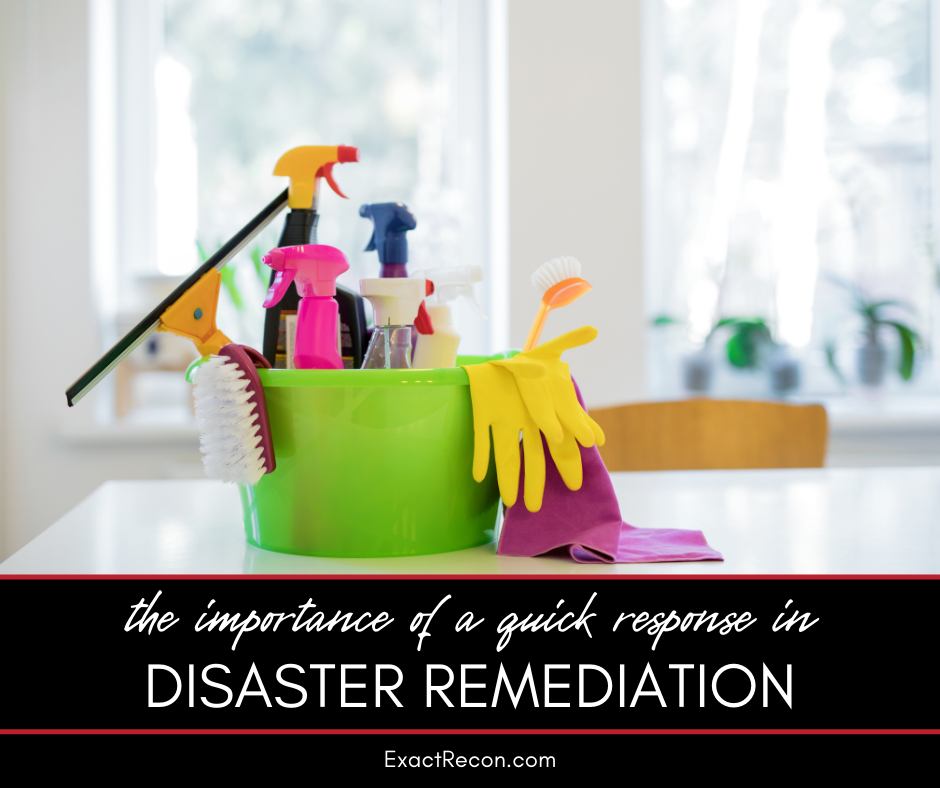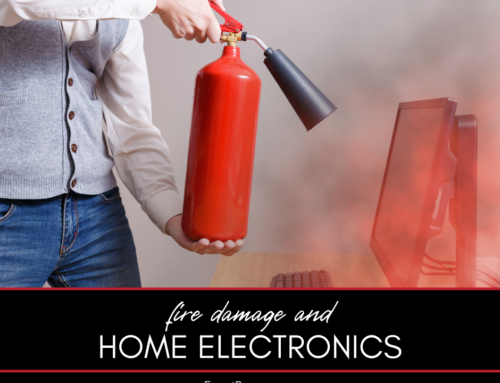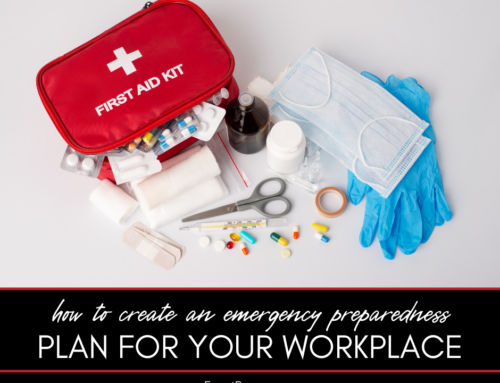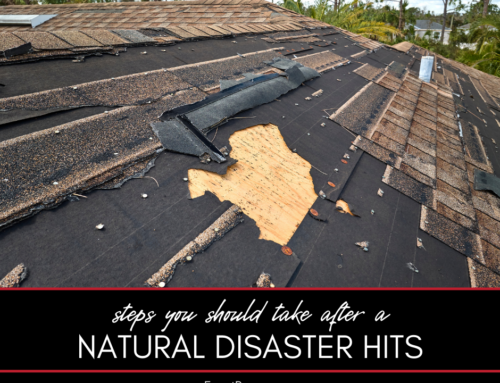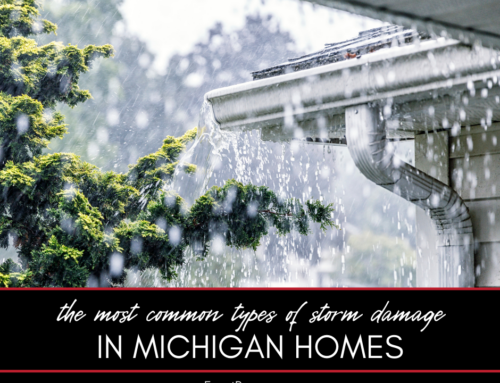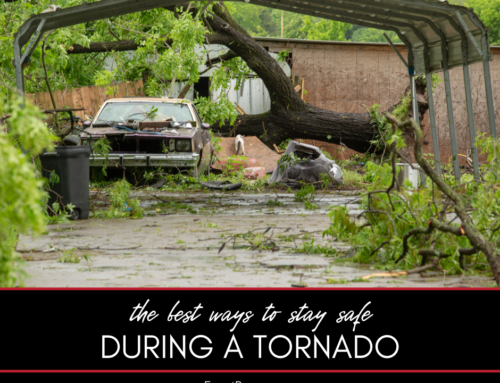In the aftermath of a disaster, it’s easy to feel overwhelmed. However, quick action is key, especially when it comes to disaster remediation. Responding quickly can make all the difference in limiting damage and starting the recovery process.
The Importance of Quick Response in Disaster Remediation: A Comprehensive Guide
This guide will delve into the importance of a rapid response when it comes to disaster remediation. We’ll discuss why it’s critical to act swiftly, and how a quick response can help minimize damage and speed up the recovery process.
Here are the topics we’ll cover:
- Why Quick Response Matters
- The Risk of Secondary Damage
- The Role of Disaster Remediation Specialists
- How to Ensure a Quick Response
- The Benefits of Quick Response in Disaster Remediation
Here’s a closer look at each.
Why Quick Response Matters
In the aftermath of a disaster, quick action is essential. The longer your property sits without remediation, the worse the damage can become. This can also make the recovery process longer and more expensive.
The Risk of Secondary Damage
If a quick response isn’t implemented, secondary damage can occur. This can include mold growth, structural instability, and further water damage, which can compound the initial damage and make remediation more complex.
Related: The benefits of working with a local restoration company
The Role of Disaster Remediation Specialists
Disaster remediation specialists play a critical role in providing a quick response. They’re often on call 24/7 and can arrive promptly to assess the damage and begin remediation efforts.
How to Ensure a Quick Response
Knowing who to call and what to do immediately after a disaster can help ensure a quick response. Keep the contact information of a reputable disaster remediation specialist handy and call them as soon as possible after a disaster.
Related: Why DIY mold remediation can do more harm than good
The Benefits of Quick Response in Disaster Remediation
A quick response can limit damage, reduce remediation costs, and expedite the recovery process. It can also prevent health hazards like mold growth and structural instability.
FAQ on Disaster Remediation and Quick Response Times
Here are some frequently asked questions about the importance of a quick response in disaster remediation. If you don’t see the answers you’re looking for here, please call our office. We’re here to help.
Why is quick response so important in disaster remediation?
Quick response is crucial because it can limit the extent of the damage, reduce remediation costs, and prevent health hazards.
Related: How to identify and prevent mold growth in your home
What can I do to ensure a quick response?
Have the contact information of a reputable disaster remediation specialist at hand and call them immediately after a disaster.
What is secondary damage?
Secondary damage refers to additional damage that occurs after the initial disaster due to a lack of prompt remediation. This can include mold growth and structural damage.
How quickly can a disaster remediation specialist respond?
Most disaster remediation specialists offer 24/7 emergency services and can respond immediately to a disaster.
What are some signs that I need disaster remediation?
Visible damage like flooding, fire damage, and structural damage are clear signs. Other signs might include a musty smell indicating mold growth or wet or damp areas indicating water damage.
Related: Rebuilding your Michigan home after storm damage
Understanding the importance of a quick response in disaster remediation is crucial for any homeowner. Whether it’s a fire, flood, or another type of disaster, acting quickly can save you time, money, and stress in the long run.
Do You Need a Disaster Remediation Expert in Washtenaw County or Jackson County?
If your home has already been damaged, we can help. Check out our services and call Exact Recon for your free disaster remediation quote today. We offer:


